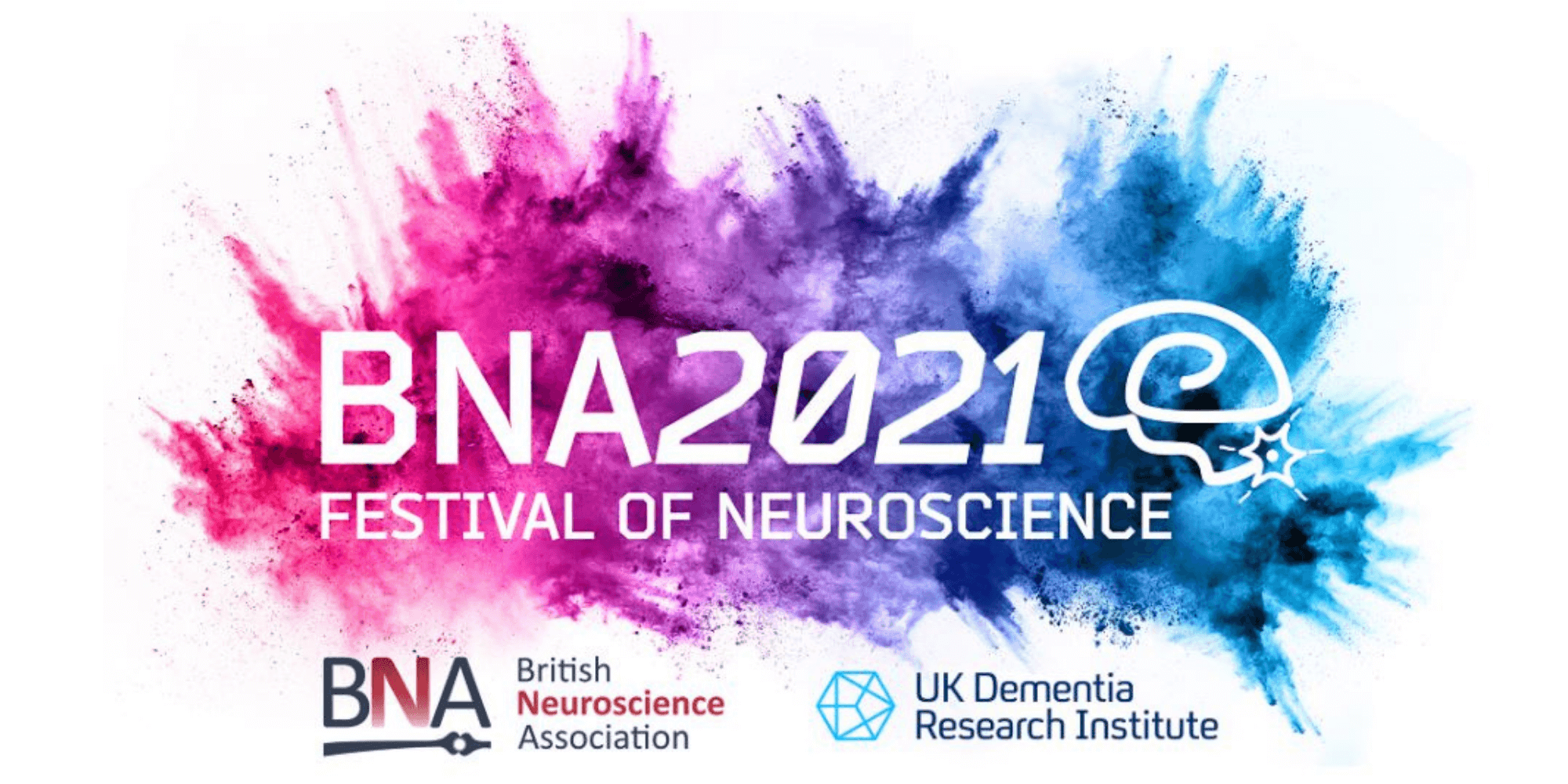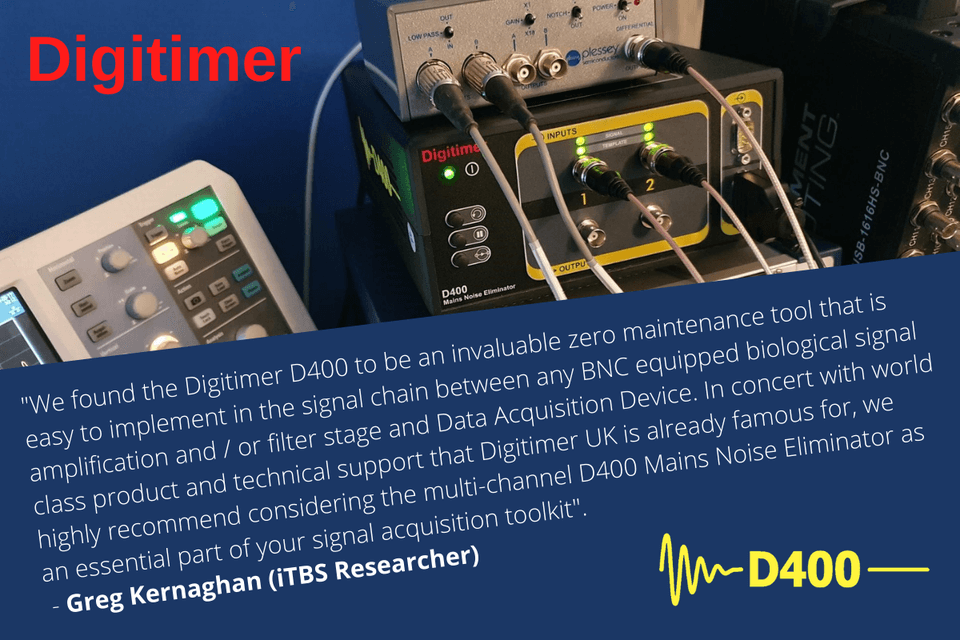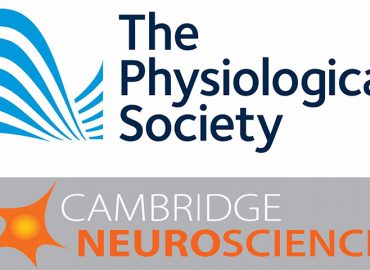BNA2021
The effect of COVID-19 on neuroscience research
 COVID-19. Is there an aspect of life that it hasn’t affected?
COVID-19. Is there an aspect of life that it hasn’t affected?
Unsurprisingly, the coronavirus crisis has had a profound impact on neuroscience research (and, in fact, life science research in general). Scientists have had to quickly adjust to remote working environments. Lab capacities have been reduced due to social distancing. Funding has been cut in some areas. Many experiments may have had to stop and some companies have even closed.
According to a recent survey conducted by the British Neuroscience Association (BNA), approximately 88% of neuroscience researchers have seen a negative impact on the overall progress of their research. And over 85% believe that COVID-19 will negatively impact the sector as a whole.
It’s fair to say, it’s been an exceptionally hard year for everyone, both students and professionals. Which is why, the BNA believed their annual event – The Festival of Neuroscience – was more valuable this year than ever before, and ensured it still went ahead despite the pandemic.
The International BNA2021 Festival of Neuroscience
In line with restrictions, the BNA 2021 Festival of Neuroscience was held online.
The event took place earlier this month – from the 12th-15th April – and featured an outstanding line-up of international plenary speaks, around 250 symposium speakers, and a rich array of workshops and sessions. New creative solutions were used to deliver the sessions and all content was recorded, which means delegates can revisit it at a later date and catch up after the event has finished.
Some of the key topics included:
- consciousness and sleep
- neural networks and circuits
- cellular neurodegeneration
- ageing and dementia
But as always, making connections was at the heart of the festival.
One of the main aims of this year’s event was to support the neuroscience community and allow scientists to connect during these tough times – sharing their experiences, tips, and best practices. As a result, more focus was placed on poster sessions, discussions and ‘career speed-dating’. And although attendees couldn’t meet in person, it still turned out to be a huge success.
Connect with Digitimer for neuroscience research devices
Here at Digitimer, we were incredibly disappointed that we couldn’t attend this years’ festival and demonstrate our products – particularly one of our latest devices, the D400 Mains Noise Eliminator.
The D400 is the world’s first multi-channel mains noise eliminator, which removes 50/60Hz interference without distorting the signal of interest. Detailed information of its benefits can be found in our previous blog ‘Why choose the D400 mains noise eliminator?’. But in a nutshell, it’s a fantastic device for neuroscience research, described as ‘invaluable’ by a leading researcher in this field.

Our team had hoped to showcase the device at the BNA2021 and demonstrate exactly how it works. But of course, given the circumstances, we completely understand the necessity of an online-only event. We’re all having to adapt to the ‘new normal’. And whilst an in-person demonstration wasn’t possible, we’re now offering a free no-obligation trial for anyone interested.
During these difficult times, this is our way of encouraging further valuable connections within the neuroscience community and supporting advanced neuroscience research. So, if you think your research would benefit from this device, please don’t hesitate to get in touch.
To find out more about the D400 noise eliminator – or any of our other products – and arrange a trial for your latest research study, simply give us a call on 01707 328347. Alternatively, you can send an email to [email protected] and we will respond to your enquiry as soon as possible.


